Slovakia: Fico’s government causing fear within minorities and concern in Ukraine
In December 2022, Slovakia’s former prime minister Robert Fico was facing numerous criminal charges which, if proven, would have seen the populist firebrand put behind bars. However, the charges were dropped, and in an election which observers say was fuelled by hate speech and pro-Kremlin conspiracy theories, he was returned to power last September. His government’s aggressive stance towards the LGBTQ+ community and other minorities has made many of those groups fearful of what the future holds. For this and other reasons, there is a considerable ‘brain drain’, especially of young people, to the Czech Republic. Also, over the border, Ukrainians are conscious of his promise to block EU sanctions against Russia and veto its package of military support for Kyiv.
Taiwan: aftermath of major earthquake
Taiwan is grappling with the aftermath of its strongest earthquake in 25 years, leaving over 35 people missing and more than 660 trapped. The quake, measuring at least 7.2, struck near Hualien on 3 April, causing buildings to teeter and collapse. Rescuers have evacuated 77 people from tunnels, and the search for the missing continues. Many are seeking shelter in tents because of the ‘terrifying’ aftershocks. At least ten people have died, and over a thousand injuries have been reported. After some factory evacuations by major chipmaker TSMC, there have been fears of disruptions to the supply chain, but work is expected to resume after inspections have taken place. The earthquake's impact underscores Taiwan's vulnerability to natural disasters and the resilience of its people in the face of adversity.
Gaza: Israel accused of targeting aid workers
Humanitarian groups have accused Israeli forces of intentionally targeting them in Gaza, after the airstrike on 1 April on a World Central Kitchen (WCK) convoy. Seven aid workers, including three Britons, were killed in the airstrike. WCK had coordinated with the IDF through deconfliction, a process where agencies inform military parties of their locations and movements to avoid being targeted. Benjamin Netanyahu called the incident unintentional, and the IDF claimed it was due to misidentification. However, 203 aid workers have been killed since the conflict began, which creates a lot of mistrust in the deconfliction system. WCK founder José Andrés has claimed that the IDF is targeting them ‘systematically, car by car’, and said that workers from other groups such as UNRWA and the Red Cross had also been affected. The recurring strikes raise doubts about the effectiveness and integrity of coordination efforts, exacerbating tensions in the conflict zone. See also the UK article entitled ‘Legal experts call for halt in British arms exports to Israel’. Breaking news: Israel has announced that it will open two new aid routes.
South Africa: illegal migration across porous border
In the town of Musina, Portie Murevesi, heavily pregnant, has found refuge after a brutal assault. She is one of many migrants undertaking perilous journeys to reach South Africa. Tales of violence, including rape and murder, are commonplace, but many people, driven by desperation, are risking their lives to seek better opportunities in South Africa. Officially, there are more than 2.4 million foreigners - nearly half of them Zimbabwean - living in the country, accounting for just over 3% of the population. But that figure does not include those who have entered illegally, and with a general election scheduled for the end of May, this has become a highly charged political issue. Although the authorities say they are tightening security, it is an enormous task. John epitomises the struggle for survival as he resorts to smuggling watermelons across the porous border because they fetch a far higher price than in Zimbabwe.

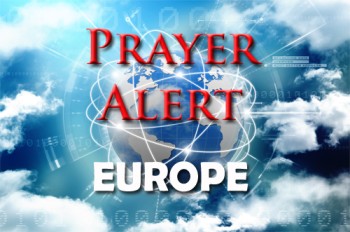
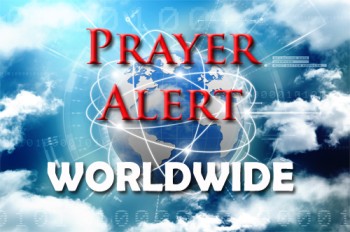
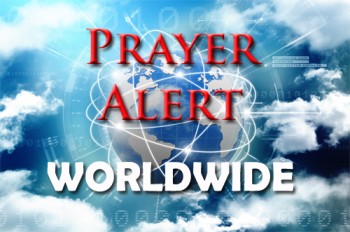
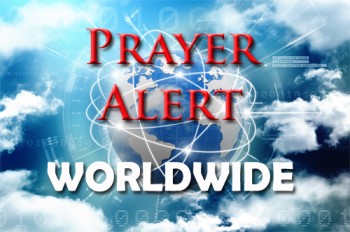
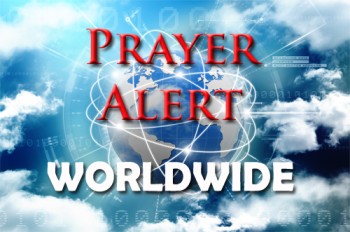
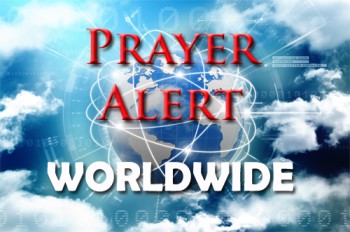
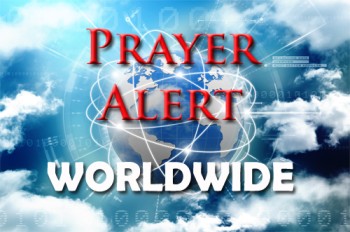

 One Miracle Night - Global Day of Prayer for the Muslim World. Friday 5th April 2024 6am Pacific (UTC-8)
One Miracle Night - Global Day of Prayer for the Muslim World. Friday 5th April 2024 6am Pacific (UTC-8)

